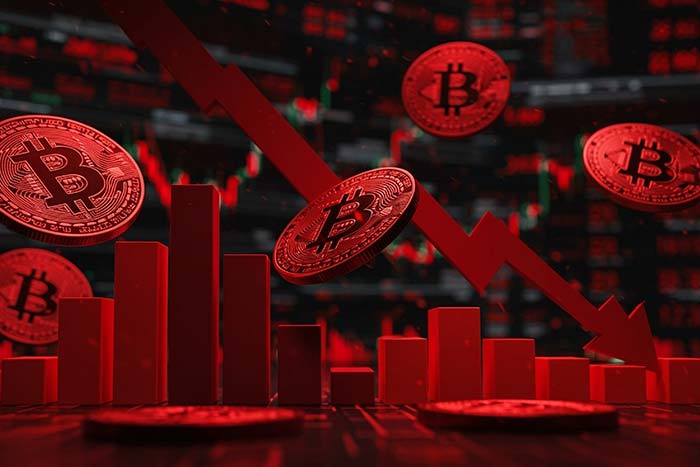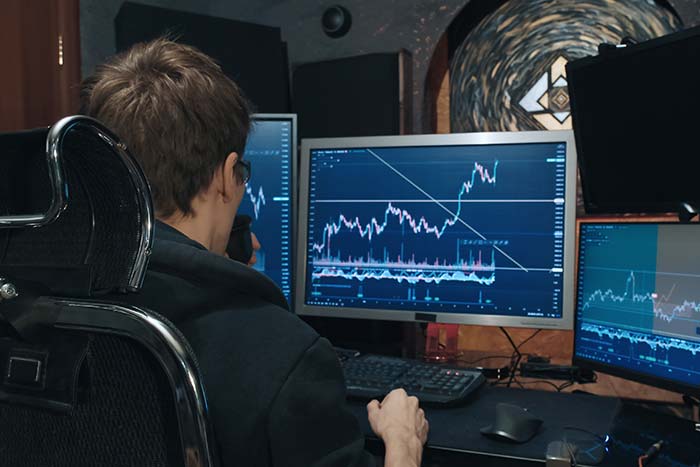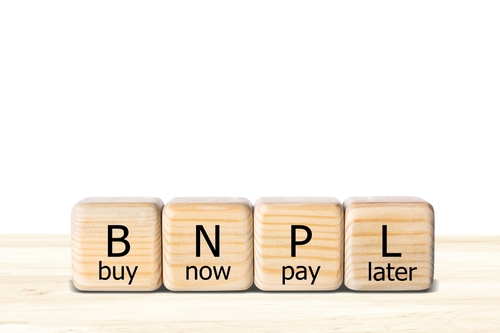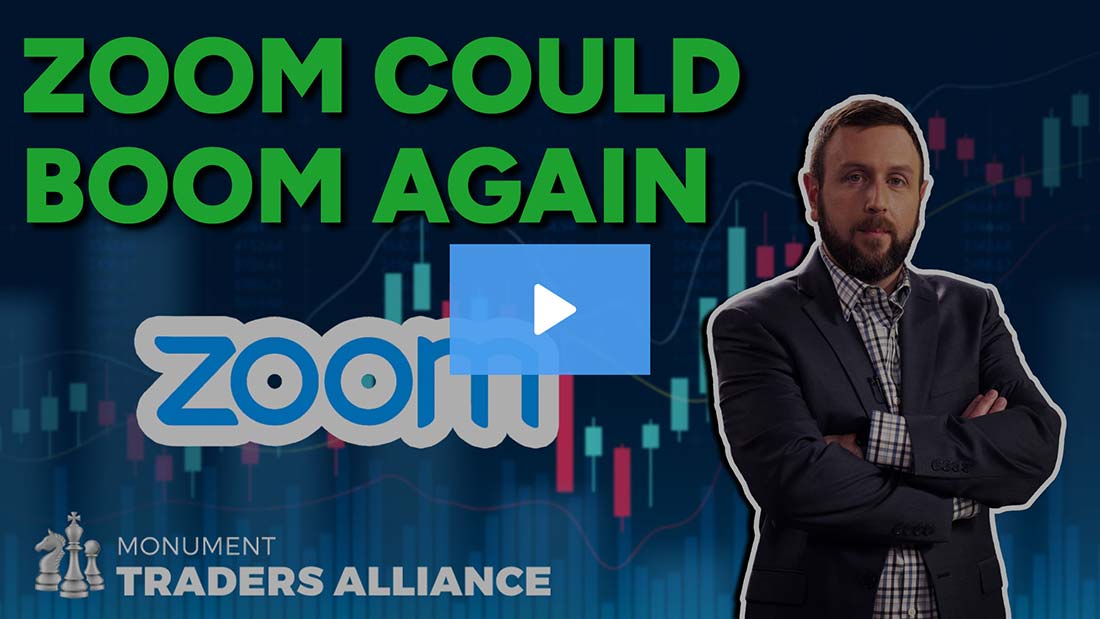The Hidden Market Sector Poised for Explosive Growth
Editor’s Note: All eyes are on Fed Chair Powell’s upcoming Jackson Hole speech, where he’ll address inflation, labor markets, and potential rate adjustments. With recent data sending mixed signals—hot retail sales, dropping jobless claims, and a rebounding S&P 500—investors are on edge.
Fortunately, Alexander Green’s timely summit—happening just two days before Powell takes the stage—offers a strategic advantage. Green’s insights could prove invaluable as investors prepare for potential market-moving announcements from the Fed.
On August 21, at 7 p.m. ET, Alexander Green is hosting an urgent online summit to reveal:
- Why the Fed’s next move could send Power Stocks soaring
- His top 3 Power Stock picks for potential 1,000%+ gains in the next year
- A LIVE Power Stock recommendation (ticker symbol included)
Don’t miss this rare chance to get ahead of Wall Street.
To reserve your free spot at Alexander Green’s Emergency State-of-the-Market Summit, simply click HERE.
(Clicking the link above automatically registers you for Alexander Green’s Emergency State-of-the-Market Summit, a free subscription to our e-letter Liberty Through Wealth, and offers from us and our affiliates that we think might interest you. You can unsubscribe at any time. Privacy Policy.)
– Ryan Fitzwater, Publisher
There’s one equity class that is likely to seriously outperform for the remainder of the year: microcaps.
For several reasons, they offer the best opportunities in the market right now.
Let’s start with a bit of background…
In a bear market, large cap stocks hold up better than midcaps. Mid Caps hold up better than small caps. And small caps hold up better than microcaps, the smallest of small cap stocks.
However, history also shows that when the market lifts off in earnest, midcaps outperform large caps, small caps outperform midcaps, and microcaps outperform small caps.
In other words, the whole process reverses.
But it hasn’t happened – yet.
Although the bear market bottomed in October – 2022, this “reversion to the mean” hasn’t happened yet.
As every investor knows who is paying attention, the Magnificent Seven: Apple, Amazon, Meta, Tesla, Microsoft, Alphabet and Nvidia are responsible for practically the entire gain in the S&P 500.
Indeed, Nvidia alone is responsible for 30% of the gain in the index this year.
Yet, as you can see in the chart below, history shows that microcaps outperform everything over the long haul.
It isn’t even close: $1,000 invested in large caps a century ago–with dividends reinvested–is worth $12.8 million. The same amount invested in small caps is worth $35.4million. And $1,000 invested in a diversified portfolio of microcaps is worth $55.3 million.
The trade-off for this $42.5 million in outperformance is – you guessed it – greater volatility along the way.
This is especially true of those microcap companies that are not yet profitable.
But pre-profit is not the same as pre-revenue.
I have never recommended a microcap that doesn’t already have substantial sales growth.
And there’s a good reason for that.
Companies that are unable to support their growth with their own cash flows must tap stock and bond markets periodically to raise fresh capital.
That dilutes existing shareholders or delays profits.
Here’s an example. Let’s say a company has 5 million shares outstanding at $20 a share… or a market cap of $100 million.
If the company needs to raise $20 million, it can issue 1 million new shares at $20. That would dilute existing shareholders by 20%, since there would then be 6 million shares outstanding instead of 5 million.
But look what happens if the share price declines to $5. To raise $20 million, it now must issue 4 million new shares.
That would take the total number of shares outstanding to 9 million, a far greater dilution.
That’s a big reason why small, unprofitable companies get such a haircut in a down market.
But here’s the good news…
This reality is already reflected in share prices. It’s a big reason why microcap stocks have lagged in this bull market – so far.
It’s also important to remember that many of the market’s biggest gainers over the past few decades – companies like Amazon, Tesla, and Netflix – saw their biggest gains before they ever earned their first dollar of profit.
Investors could see that blockbuster sales growth would eventually turn into powerful earnings growth.
So they bid the shares up in anticipation of big profits down the road.
I expect the same thing to continue to happen in the months ahead, as microcaps with double- and triple-digit sales growth – but no profits yet – bounce back in a big way and turn in a bravura performance.
This is especially true with Fed rate cuts on the way.
As Ed Yardeni, president of Yardeni Research, points out in this week’s Barron’s, not only are valuations more compelling with small companies, but many of them have floating-rate debt.
That means they stand to benefit the most when the Fed cuts rates. And the bigger the drop in rates – and the longer the central bank eases – the more appreciation we should see.
In short, historical outperformance, low valuations, and a looming rate cut all point to microcaps as the asset class that should deliver the greatest outperformance in the months ahead.
Smart investors will position themselves now for the turnaround that almost certainly lies ahead.
![]()
YOUR ACTION PLAN
As the market eagerly awaits Fed Chair Powell’s remarks at Jackson Hole, recent economic indicators paint a complex picture.
To prepare, RSVP my Emergency State-of-the-Market Summit on the matter, click here to RSVP now.
(Clicking the link above automatically registers you for Alexander Green’s Emergency State-of-the-Market Summit, a free subscription to our e-letter Liberty Through Wealth, and offers from us and our affiliates that we think might interest you. You can unsubscribe at any time. Privacy Policy.)
Good investing,
Alex
FUN FACT FRIDAY
On August 5th, the VIX (“fear index”) surged 64.9% overnight – the second-largest spike in history. Remarkably, just 7 trading days later, it plummeted 60.3%, marking the largest 7-day volatility crash ever recorded. This rapid swing from extreme fear to relative calm showcases the market’s capacity for dramatic, swift reversals.
More from Trade of the Day
“We’re Done Trading Crypto – Here’s Why”
Feb 4, 2026
Trade the Highs, Skip the Lows
Feb 3, 2026
Another Gift Gap Winner to Play Immediately
Feb 2, 2026


























